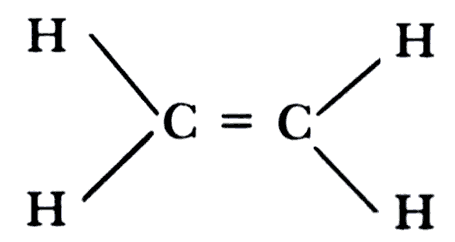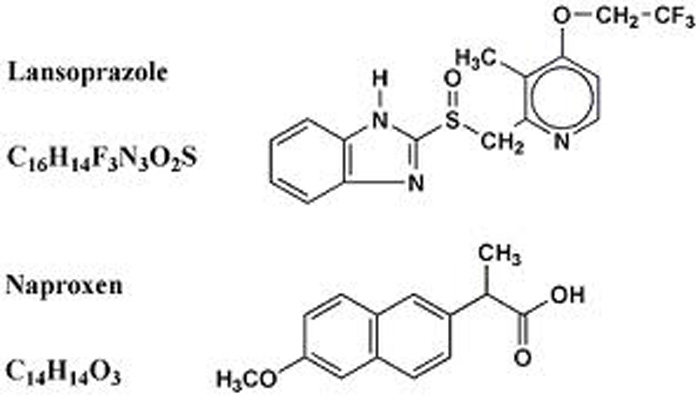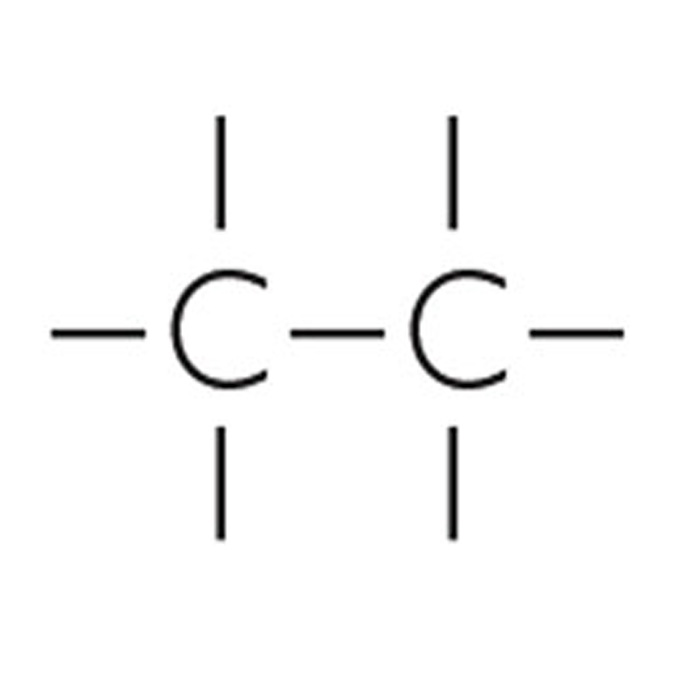This year"s Nobel Prize in Chemistry is awarded to Richard F. Heck,Ei-ichi Negishi and Akira Suzuki for the development of palladium-catalyzed cross coupling.
Ricardo Fierro, director of the Group for the Synthesis of Compounds with Transition Metals with Homogeneous Catalysis Application, affirms that Universidad Nacional de Colombia is a pioneer and the only university in the country working in this vanguard topic.
"This year"s Nobel Prize focuses on research in organometallic chemistry, which refers to carbon and transition metal compounds, in this specific case, reactions of the carbon-carbon type," asserts Fierro.
César Sierra, a researcher from the Chemistry Department at Universidad Nacional de Colombia, explains that the researchers obtained this recognition thanks to the idea of using palladium metal as a catalyst to accelerate the chemical reaction that allows bonding carbon atoms.
"A catalyst is a process to accelerate or delay a chemical reaction. For long time, scientists tried to obtain new or already existing molecules with good performance for industrial uses, something difficult to achieve. With the technique developed by Heck, Negishi and Suzuki, the efficiency of the bond between two carbon atoms was improved," affirms Professor Sierra.
Today, this work methodology allows performing any type of carbon-carbon bond to generate new molecules, which can be used in different areas of scientific and technological development, for instance, electronics, polymers, pharmaceutical products, agrochemicals, just to mention some applications.
Professor Fierro explains that, for example, currently this process is used for the production of medicines such as Naproxen, a non-steroidal anti-inflammatory.
He also said that, in the Organometallic Compounds Lab at Universidad Nacional de Colombia, several research studies are being performed using the same strategies of using catalyst compounds to produce carbon-carbon bonding reactions, mediated by using transition metals such as palladio.
Sierra affirms that in the Macromolecules Group, from the Chemistry Department at Universidad Nacional de Colombia, this type of reactions are used to develop new polymers, of high molecular weight type, which have not been synthesized anywhere. Moreover, some of these developments are being used by other research groups in the University to build solar cells.
"Regarding our group, we are working in the development of chemical sensors and electroluminescent organic diodes, which are used in cell phone or TV screens. The importance of studying this topic in Colombia is the generation of new self-technology, for instance, cheaper devices with lower production costs," said Sierra.
Professor Fierro considers that these types of issues are not important for the country, since the majority of the population is not aware of the potential this has for the country"s development. "We have to do more for these topics to be important for the country."
 Correo Electrónico
Correo Electrónico
 DNINFOA - SIA
DNINFOA - SIA
 Bibliotecas
Bibliotecas
 Convocatorias
Convocatorias
 Identidad UNAL
Identidad UNAL





